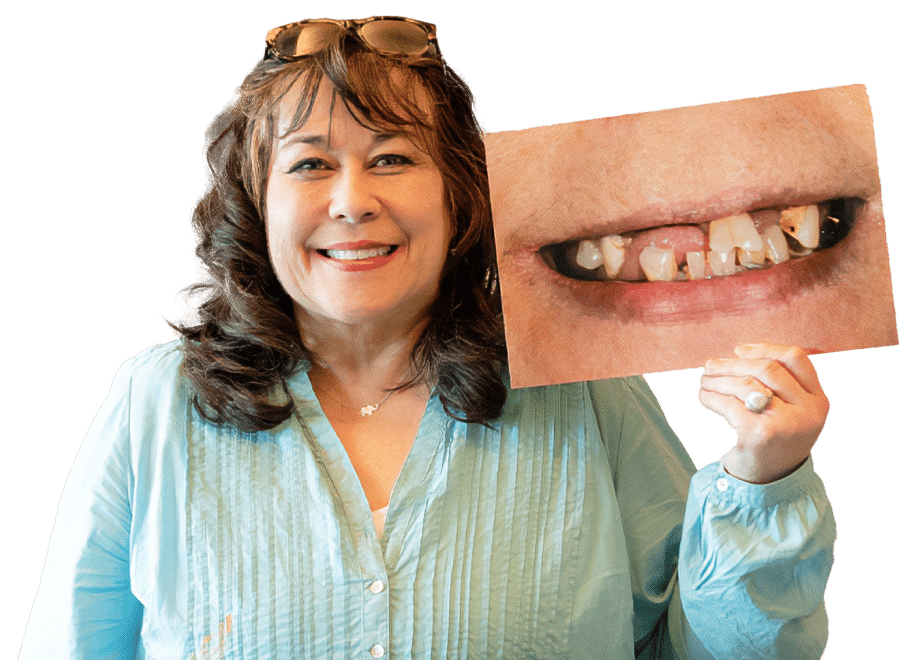
You might think you’re “in the clear” after receiving your permanent dental crown. However, that’s not the case — you’ll also need to deal with a few post-treatment situations. Care usually gives way to after-care, right? Thankfully, your dentist can help you know what to expect in the coming days. Read on to learn three things to prepare for following your tooth’s crown placement.
Post-Procedure Numbness
For the crowning process, your dentist will have used a local anesthetic to numb a part of your mouth. Doing so allowed them to perform the procedure without causing pain or harm. However, the anesthetic’s effect won’t just cease immediately afterward. The numbness will likely remain for several hours after your appointment’s end.
Until the treated area can feel things normally, try not to chew hard foods or drink hot beverages. Doing so only increases your risk of burning or biting yourself, as you won’t feel the heat or pain that usually prevents such injuries.
Treatment-Specific Dietary & Oral Care Steps
Once you get your crown, and the anesthetic has worn off, you can eat as you please. Still, you should avoid sticky foods for twenty-four hours post-procedure to help your crown cement itself to the abutment tooth. Once that period ends, you can start introducing all sorts of foods to your diet as your confidence in your crown grows.
You’d also be wise to practice exemplary oral care that helps your crown last a long time. That said, dentists recommend patients brush their teeth twice daily with fluoridated toothpaste. Furthermore, they should floss their teeth carefully to remove lingering food particles and plaque.
Managing Minor Pain & Sensitivity
Once the numbness from the anesthetic is gone, you’ll probably experience soreness around your crown for a few days or weeks. This is perfectly normal and ordinarily isn’t a cause for concern.
Of course, that doesn’t mean you have to grin and bear it. Dentists suggest several options to manage your discomfort, including:
- Over-the-counter ibuprofen: Brands like Tylenol, Advil, or Aleve ought to help reduce your pain and make you feel more comfortable
- Topical analgesic gel: Such gels are readily available at local pharmacies and can be more effective than ibuprofen.
- Toothpaste for sensitive teeth: To keep from irritating the crowned tooth, you can use a toothpaste brand like Sensodyne.
On the other hand, it may be necessary to seek advice from your dentist if your pain persists beyond several weeks.
Even after your dentist places your dental crown, you must be cautious about your oral health. Remember the items above so your treatment has a lasting, positive impact on your smile!
About the Author
Dr. Lance Timmerman is a dentist based in Tukwila, WA, having earned his DDM from Oral Health and Sciences University. Born and raised in the state, he finds joy in bringing people brighter and healthier smiles. To that end, he’s developed a specialty in cosmetic dentistry and gained membership in the American Academy of Cosmetic Dentistry. Dr.Timmerman currently practices at his self-titled clinic and can be reached at his website or by phone at (206)-241-5533.



